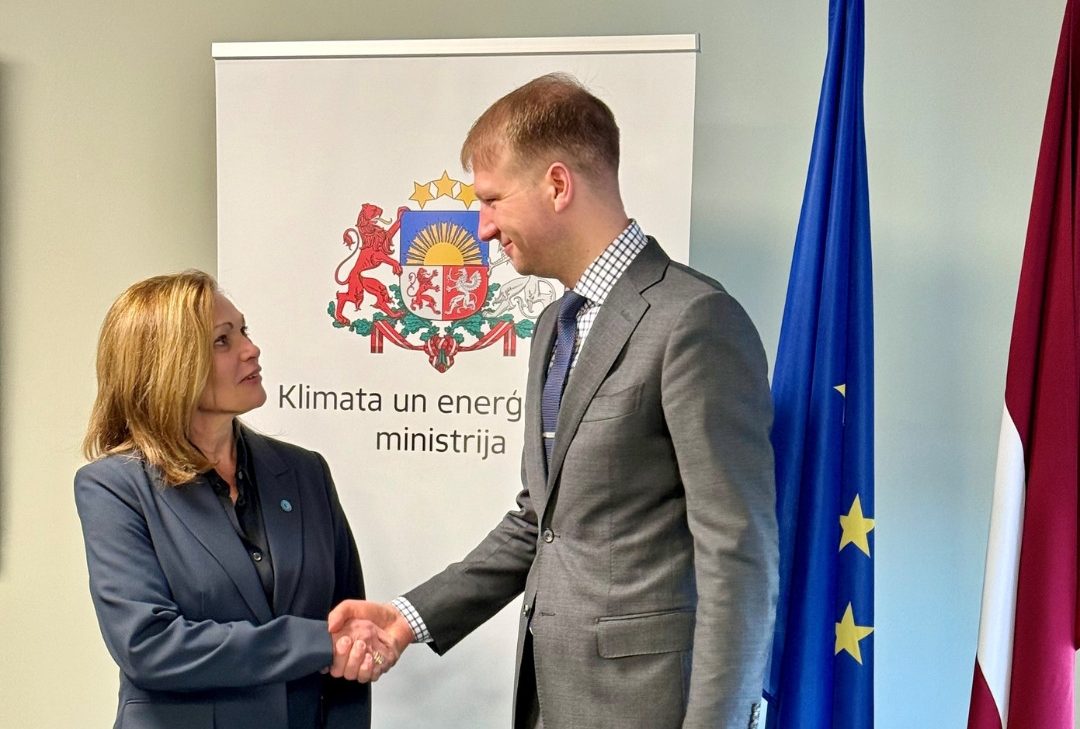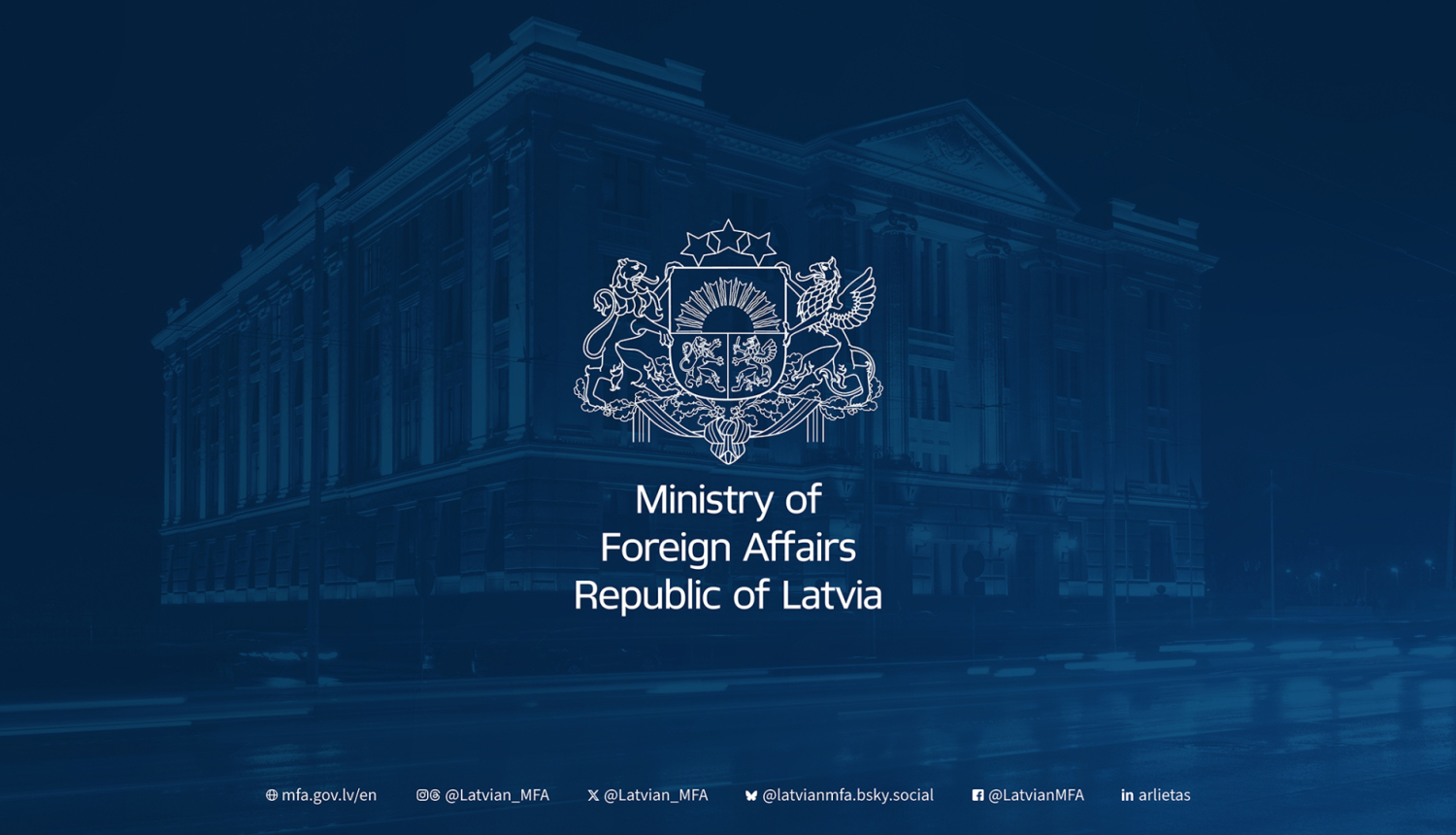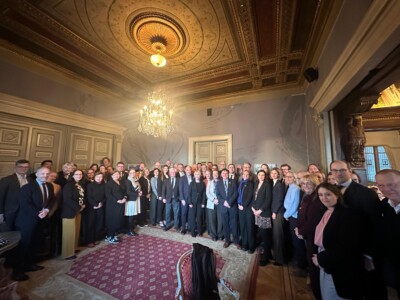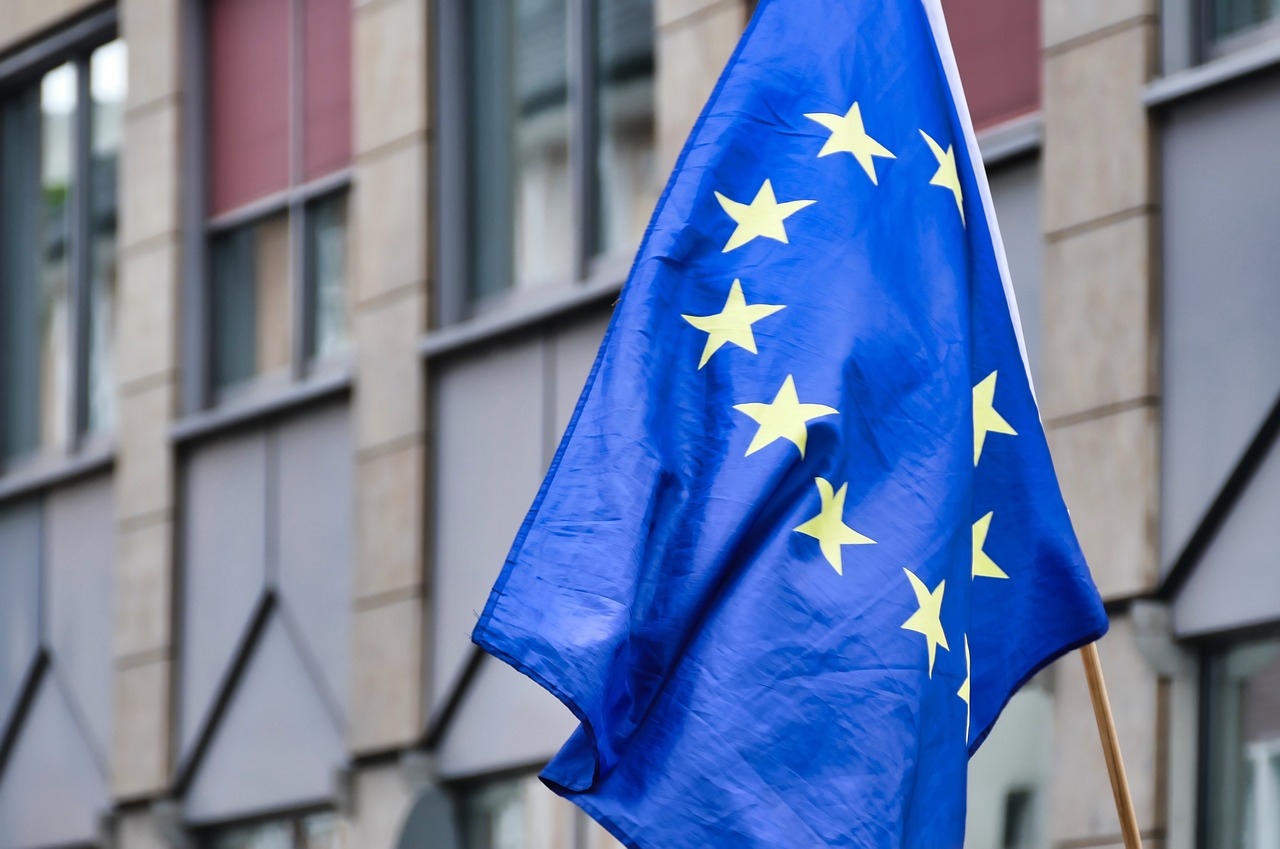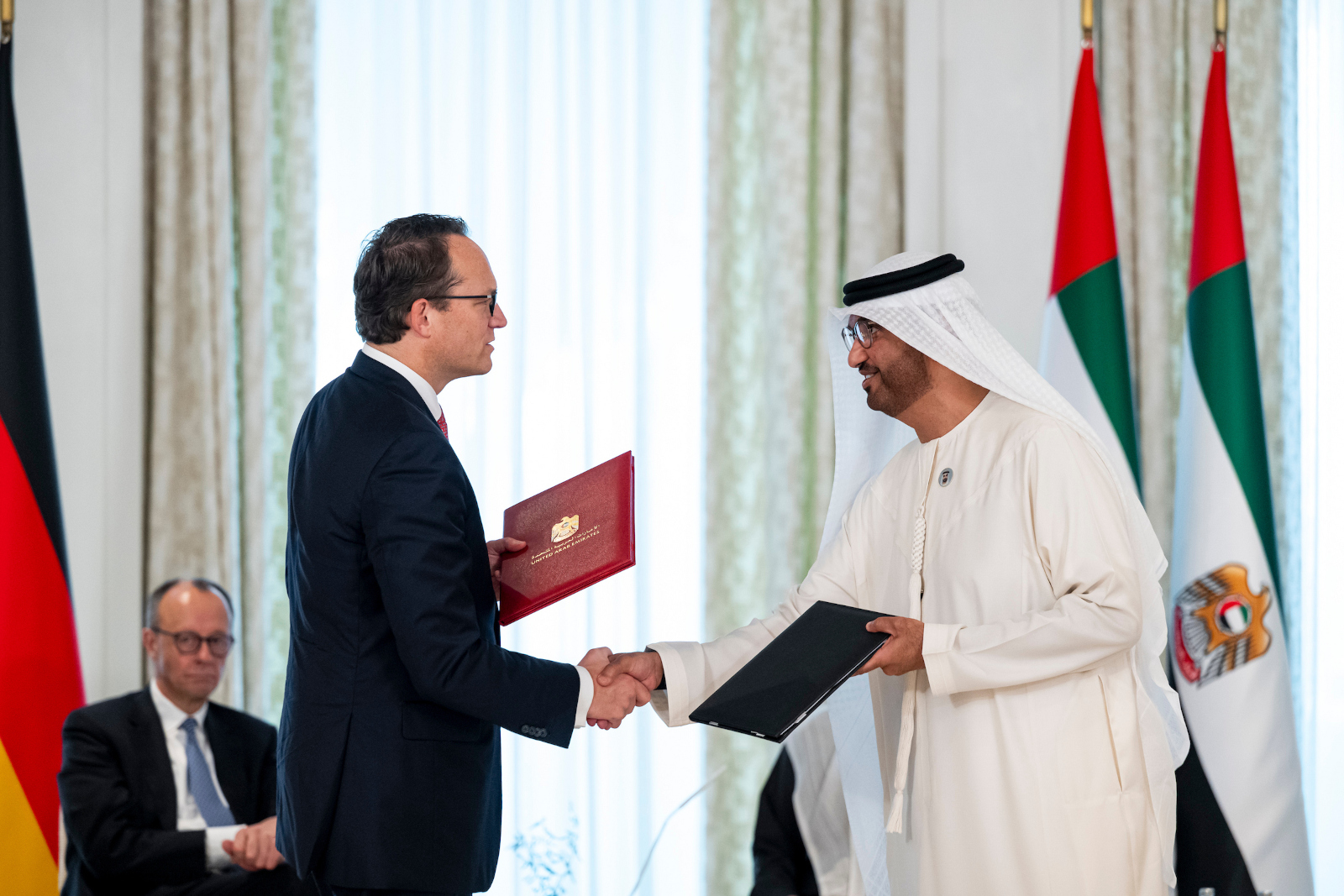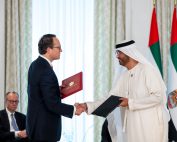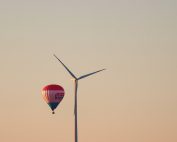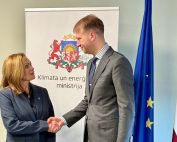It is important to accelerate the development of offshore wind across the European Union, while ensuring enhanced manufacturing potential of EU-based components. Overcoming the current supply crunch linked to ambitious climate targets, as well as the skills and permitting hurdles, will be crucial for upcoming wind farm investments – was the conclusion of the Working Lunch titled “Offshore Wind International Cooperation in the Baltic Sea”, that took place on March 27th in Brussels.
The event co-hosted by Permanent Representation of the Republic of Poland to the European Union, the Mission of Canada to the European Union, and Union of Entrepreneurs and Employers event was supported by Baltic Power – which is developing one of Poland’s first offshore wind projects. The 1.2 GW project, to be operational by 2026, is a joint venture established by the Polish company PKN Orlen and the Canadian Northland Power.
The discussion was moderated by Matthew James, editor-in-chief of Energy Post, and featured a group of speakers that included the Ambassador of Canada to the European Union, Ailish Campbell; Arkadiusz Plucinski, Deputy Permament Representative of the Republic of Poland to the European Union; Mechthild Wörsdörfer, Deputy Director General at the European Commission’s DG Energy; Jarosław Broda, Board Member of Baltic Power; Malgosia Bartosik, Deputy Chief Executive Officer of Wind Europe; and Wadia Fruergaard, Head of Offshore & Supply Chain Policy at Vestas.
The event began with opening remarks from Ambassador Campbell who highlighted the Canadian government’s support for Europe’s energy transition and the role of Canadian industry in providing technology and expertise to the green energy transition in the European Union. She highlighted Northland Power’s capabilities in developing wind power projects in Europe and Canada, and emphasized the need to eliminate the energy dependence on Russia following its invasion of Ukraine, as well as the potential to expand secure and trusted renewable energy supply chains between the EU and Canada in manufacturing and operating green technologies.

Then, the Polish Ambassador, Mr. Arkadiusz Pluciński, took the floor highlighting the need to enhance Europe’s energy security in the midst of the ongoing war in Ukraine. And offshore wind development, particularly in the Polish part of the Baltic Sea area, is an important instrument to achieve this objective, as the natural conditions for its development are particularly favorable in Poland. Mr. Ambassador underlined that the timing to push for more offshore wind projects is now crucial as the EU Council is finishing negotiations of the revised Renewables Directive and is starting its work to form a position on the Electricity Market Design reform.
Mr. Jarosław Broda, the Board Member of Baltic Power, focused on the main challenges from the offshore wind farm developer’s perspective, highlighting the need to reflect the current economic situation – supply crunch and growing prices of components, and high inflation – in the levels of support for new offshore wind projects. He also stressed the need to speed up the permitting process and scaling up the volume of projects to come online by 2030 in order to meet the EU’s 2030 offshore wind energy objectives. Over 30 GW of new capacity is needed in only 7 years to achieve the targets. A particular challenge will be to maintain the EU-based supply chain with growing demand for projects and much lower prices of non-EU suppliers. Mr. Broda underlined that the project of Baltic Power will provide high local content, with Vestas announcing the construction of a turbine factory in Poland (in Szczecin). The factory will employ up to 700 people. Mr. Broda informed that the first phase of procurement for the Baltic Power project is finalized, with all key project components already secured. Moreover, the investment has recently obtained a positive notification decision from the European Commission with regard to its support via the contract for difference.
Mechthild Wörsdörfer, Deputy Director-General of DG Energy at the European Commission, discussed the Commission’s renewables objectives and underlined its support for the Baltic Power project as a contributor to the EU’s energy transition. Ms. Wörsdörfer focused on the importance of offshore wind development, as well as the Baltic Sea’s crucial role in it. She highlighted the role of faster permitting recently addressed by EU policy makers, as well as the push to enhance EU manufacturing capacity via the Net-Zero Industry Act announced by the Commission a few weeks ago. She also underlined the importance of the supply chain and skills as a priority for the European Commission. The Deputy Director-General emphasized the important contribution that Poland will make to developing offshore wind with its 6 GW of new projects coming online by 2030, and underlined that the Commission will be encouraging this process.
Wadia Fruergaard from Vestas addressed the current supply chain concerns and challenges, from the perspective of Baltic Power’s future wind turbine supplier. Project visibility remains the most important factor for the supply chain, as is the case for the Baltic region where the potential and volume have allowed Vestas to take initial investment decisions on local manufacturing. However, the supply chain in general is fundamentally challenged by offshore wind auctions. In her opinion, the so-called “race to the bottom” in tender systems that allow bids at 0 EUR/MWh or even at negative prices, should become a thing of the past. The entire supply chain becomes squeezed as a result, needing to either develop new technologies, or to significantly ‘cost out’ – neither option supports the real priority: scaling the industry to meet ambitions.
Małgosia Bartosik from WindEurope provided the EU perspective of the offshore wind sector, flagging the ambitious targets for 2030 and current supply chain issues. Mrs. Bartosik underlined that 2022 was the worst year for offshore wind in terms of investment decisions, largely due to national market interventions and emergency market design changes implemented by different Member States – such as electricity price caps for renewables. She stressed the need for Members States and the EP to support the recently tabled European Commission’s Market Design proposal, in order to restore investor’s confidence and make Europe an attractive place to invest again. The Net-Zero Industrial Act proposed recently by the Commission in her opinion falls short of what is needed, as Europe only has 3 years to build new factories and scale up production to meet the 2030 targets with the European supply chain. Today, Europe can make 7 GW per year of offshore wind turbines. Government targets require the industry to be making 20 GW per year from 2026/27. She agreed that it is a pure volume, and not an innovation challenge for the EU wind industry. More concrete solutions and support measures for domestic investors, such as the ones introduced in the recent American Inflation Reduction Act, should be implemented in Europe.
The discussion then moved to follow-up questions on a range of priorities, including expanding on the Contract for Difference and faster permitting timelines, as well as discussing grid investment, supply chain problems, and opportunities for employees regarding skills and job creation.
The panelists also discussed the Marienborg Declaration, which was signed on August 30th, 2022, by eight Baltic Sea EU Member States: Denmark, Estonia, Germany, Finland, Latvia, Lithuania, Poland, and Sweden. The declaration committed these countries to achieving around 20 GW of installed capacity in offshore wind energy by 2030. To achieve this target, there is an urgent need to speed up the development of new offshore wind projects, as currently, the total offshore wind capacity on the Baltic Sea is only around 2.8 GW.


